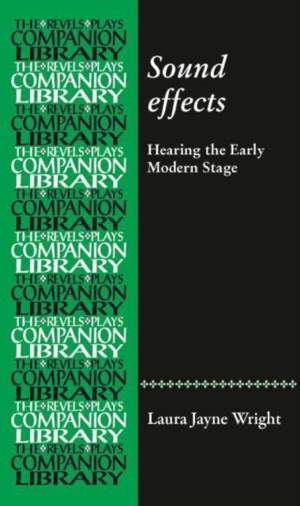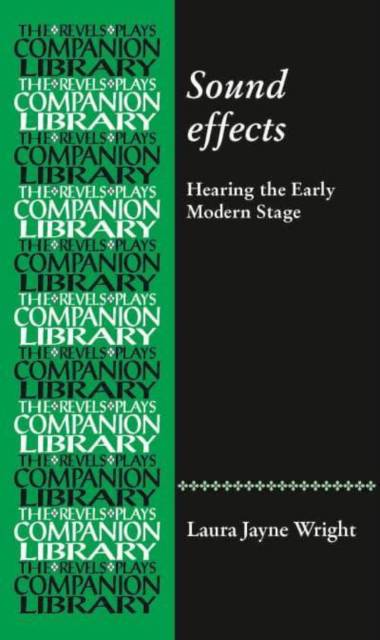
- Afhalen na 1 uur in een winkel met voorraad
- Gratis thuislevering in België vanaf € 30
- Ruim aanbod met 7 miljoen producten
- Afhalen na 1 uur in een winkel met voorraad
- Gratis thuislevering in België vanaf € 30
- Ruim aanbod met 7 miljoen producten
Zoeken
Omschrijving
This book shows that the sounds of the early modern stage do not only signify but are also significant. Sounds are weighted with meaning, offering a complex system of allusions. Playwrights such as Jonson and Shakespeare developed increasingly experimental soundscapes, from the storms of King Lear (1605) and Pericles (1607) to the explosive laboratory of The Alchemist (1610). Yet, sound is dependent on the subjectivity of listeners; this book is conscious of the complex relationship between sound as made and sound as heard. Sound effects should not resound from scene to scene without examination, any more than a pun can be reshaped in dialogue without acknowledgement of its shifting connotations. This book listens to sound as a rhetorical device, able to penetrate the ears and persuade the mind, to influence and to affect.
Specificaties
Betrokkenen
- Auteur(s):
- Uitgeverij:
Inhoud
- Aantal bladzijden:
- 248
- Taal:
- Engels
- Reeks:
Eigenschappen
- Productcode (EAN):
- 9781526159182
- Verschijningsdatum:
- 27/06/2023
- Uitvoering:
- Hardcover
- Formaat:
- Genaaid
- Afmetingen:
- 140 mm x 216 mm
- Gewicht:
- 435 g

Alleen bij Standaard Boekhandel
+ 418 punten op je klantenkaart van Standaard Boekhandel
Beoordelingen
We publiceren alleen reviews die voldoen aan de voorwaarden voor reviews. Bekijk onze voorwaarden voor reviews.








